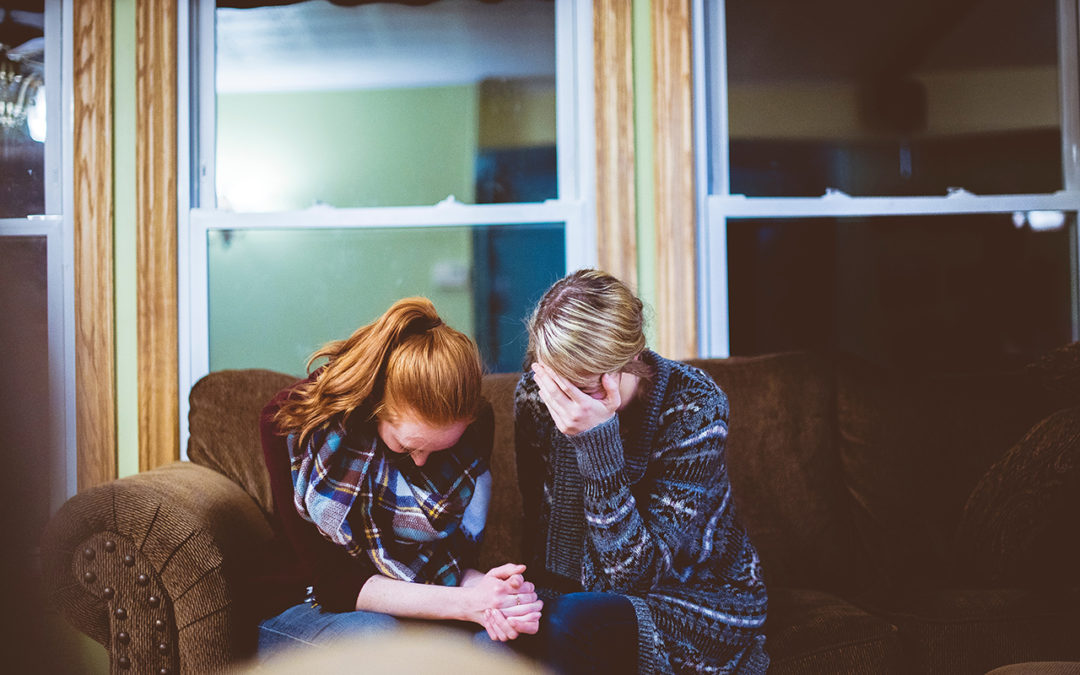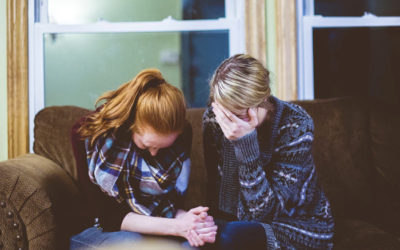Parents do their best to shield their children from the harsh realities of the world. But as much of an effort as they put in, parents can’t always protect their children from experiencing the pain of loss. Whether it’s the loss of a beloved pet, a childhood friend, or the loss of a family member, young children are often unequipped to deal with the feelings of grief and sadness.
Here are some ways you can help your child cope with loss:
Share What They Can Handle
Children have very big imaginations. They can often imagine a scenario that is far scarier than the current reality. While you may think speaking openly to children about a pet or loved one’s illness and impending death will cause anxiety, very often not speaking with them will cause them even more. Just be sure to share facts and information that is age-appropriate. For instance, a 12-year-old may understand the concept of hospice care while a 5-year-old may not. With younger children, share the simple essentials of death and dying.
Use Children’s Books
It can be difficult finding just the right words to explain death and dying to a young child. At these times, children’s books about illness, dying and bereavement can be a tremendous help and can guide you in having developmentally appropriate conversations with young people.
Encourage Their Honest Feelings
Loss can cause people of all ages to completely shut down emotionally. Emotional numbness is a form of denial. While it’s okay for a child to take some space after the initial loss, you will need to help them feel their feelings about it. Unexpressed emotions can cause mental and physical issues in the future.
Accept Their Honest Feelings
Like adults, kids may go through a gamut of emotions from anger to sadness, guilt to shame. It’s natural and okay for your child to feel any emotion they may have. Let them know this and support them at every step of their grieving process.
Seek Help
Your child may benefit from speaking with a professional therapist who can offer tools and coping strategies. You’ll want to look for someone who’s not only qualified but who both you and your child will feel comfortable working with.
If you’re interested in exploring counseling options, please be in touch with us. We’d be more than happy to discuss how we may be able to help.

Why You Should Care What TV Your Kids Watch
Back when many of us were growing up, our parents would yell at us to shut the TV off and go outside and play. Parents of generations past knew that fresh air and sunshine were ultimately healthier than watching the “boob tube.” And back then the boob tube was far...
When Will I Start Feeling Better? Grieving for the First Time
One of the most devastating experiences we must endure in life is grieving the loss of a loved one. Although we have the knowledge that everyone will eventually die, and we logically understand the finality of death, no amount of information can prepare us for the...
Do You Know the Signs of Someone Who is Suicidal?
According to the American Foundation of Suicide Prevention, over 47,000 people died by suicide in the United States in 2017. In the same year, there were an estimated 1,400,000 suicide attempts. Knowing the signs of suicide is the primary step in preventing someone...
Quick! Get Your "Top Tips For Getting the Most Out of Counseling" Cheatsheet!
Like some of what you've seen and want to see more? Sign up for our Mailing List for a free cheat sheet on making the most out of counseling. Our list members also gain access to exclusive specials and announcements, as well as the latest from our Counseling Blog!




